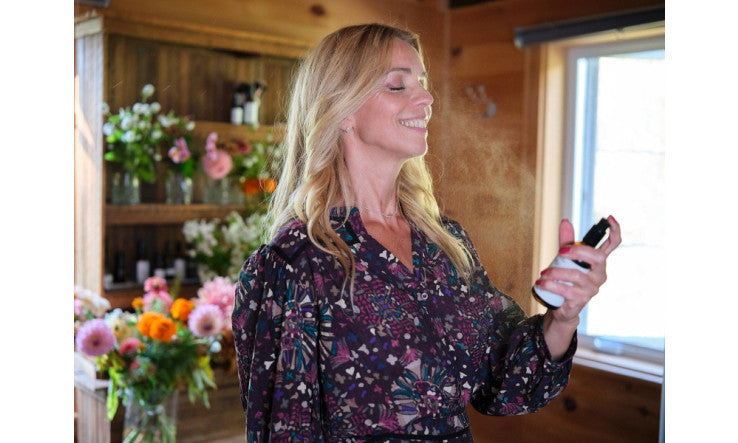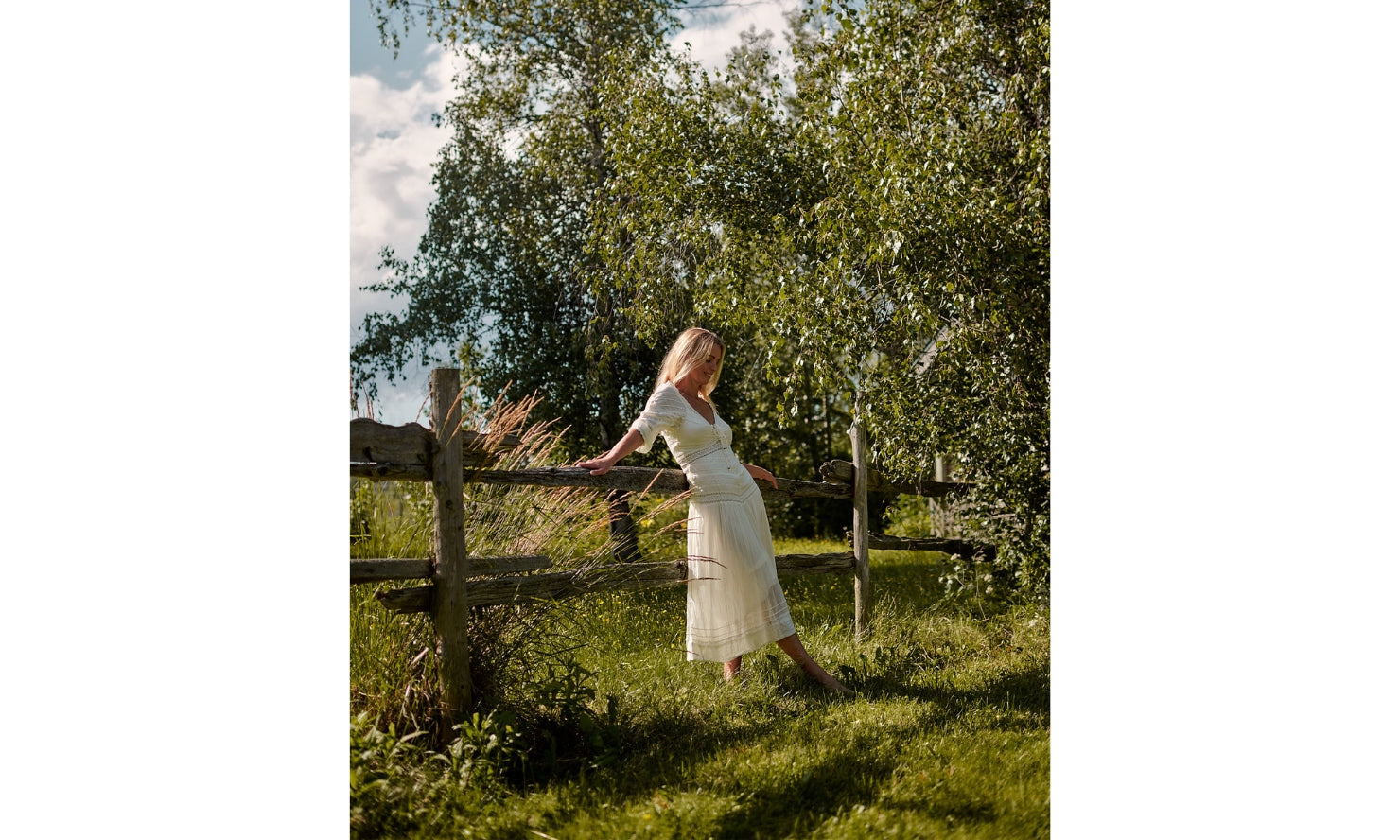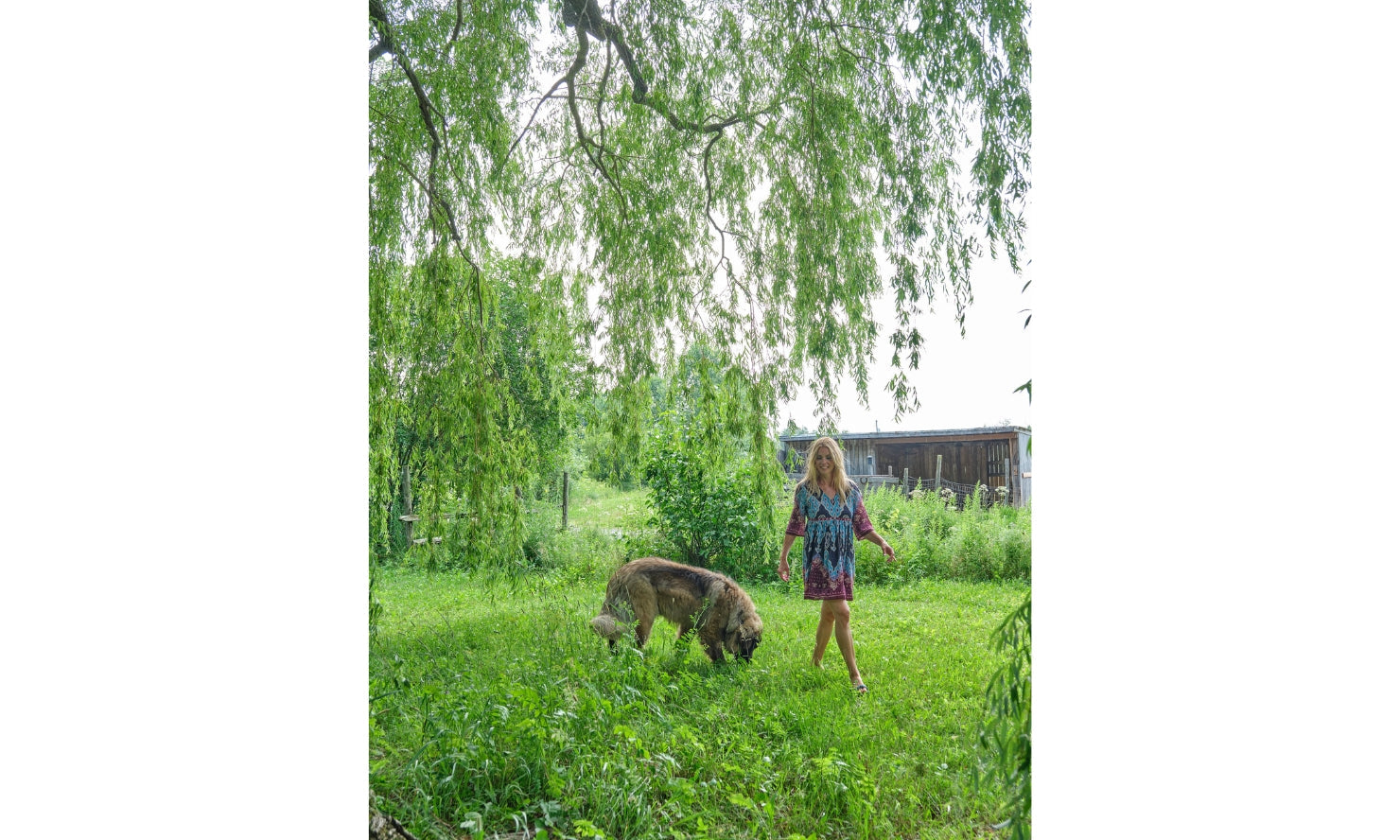Our meeting on March 15 with Pierre Haddad:
Topics discussed during this meeting and transcript of the remarks: *
1:43 - Introduction and feedback from Pierre on his latest research projects which are coming to an end
It was fascinating to talk with them. Because they, too, found it really weird to see how researchers dissect the entire body and try to understand it. It's true, we're funny creatures! In any case, I'm here to help you understand a little bit about certain aspects of how the body works. I've been fascinated by it since I was very young. It's a passion.
8:12 - Systems Biology
We now have increasingly powerful tools, and then approaches called systems biology. We are therefore able to look at several components that are at play at the same time. The same thing is true at the gene level. Genetics and molecular biology have advanced so much, and if you now add artificial intelligence as a tool on top, it starts to be very powerful.
8:43 - Genetics, Aging, and Programming
Aging is an exciting thing. It's inevitable. It's planned.
We have genes, we have genetic material. It's our source code, what makes us look like, how our body works, and how we are more or less susceptible or sensitive to different things. We can think about smells, all sorts of things. There are genetic patterns. There are people who have qualities: not everyone can be a cabinetmaker or a doctor. Jacynthe is unique. Everyone is unique, and that's programmed in our genes. We're born with this baggage, but afterward, it depends on how we "dress." The genes are turned on or off.
11:15 - Methylation
That's what methylation is, actually. We call it epigenetics: how your code is translated. Because we respond to the environment, we adapt to our environment, so that's what this interaction is.
Methylation is like a shield that is placed over the regions that initiate the translation of a gene, for example. So, we want this protein to be produced for this function; this little methylation shield will prevent it from being translated too much. When we want to manage this, we have enzymes to remove the methyls and remove the shield, and say, "Okay, well, we need this protein."
This is very interesting. There are regions in your genetic code, including the pattern of these shields, that even help to predict a person's age very accurately, because there are changes that happen over time. So, that's the programming aspect.
It's true (aging), it's inevitable, but we can first modulate health. Aging is okay and longevity continues to be over 80 years for men and women in Western societies. However, when you start looking, the numbers are different when you look at healthy aging, which falls more in the 60-65 age group. That's when the little ailments start to appear, chronic illnesses and all that.
This is where we can play, and we can start younger, obviously. We don't necessarily have to wait until the last minute. This is where you can play with healthy lifestyle habits, avoiding smoking, for example. We have to look at all the stressors that cause accelerated aging. We're talking about radiation from the sun, even electromagnetic waves and everything, we're talking about viruses, infections, we're talking about smoking (this is precisely an important one), trauma.
13:53 - Trauma
You know that now, they have discovered that it is these little shields that, in essence, manage genes. Major traumas can be transmitted to the next generation. For example, there was a major famine in Holland during the Second World War and they saw genetic patterns that were transmitted for several generations. The same thing with physical and other abuse in young people, we see that it modulates. It's normal, it affects your body, your person so much that it is also reflected in this genetics, and then how the shields are managed.
16:40 - Death unfortunately exists for everyone
When and how it will happen is something we don't know. But I think it's better to focus on living well than constantly thinking about the end.
6:00 p.m. - Mitochondria and oxidative stress
It's fascinating! It goes back a long way. We think it's a symbiosis. It's a bit like bacteria, because it has two membranes. Our cells only have one membrane. It's like a bag, the outside, the envelope of our cells. Mitochondria have two envelopes, which is special. So the outer membrane, then the inner membrane.
They are our little energy factories in the body.
They are found everywhere in our body. Their number, size, and shape all depend a lot on the functions of the tissues. So, for example, in muscles, you need energy to move, to shorten the muscle fibers, to make them move. The form of chemical energy that the body uses is called ATP. It's our gasoline or natural gas. In any case, it's not electricity.
On the other hand, we use mitochondria. It has a small engine, and indeed, we take energy sources, especially like sugar, for example amino acids, then we transform them into smaller chemical compounds - I won't go into details for the famous Krebs cycle and all that, these are small molecules that are used, and there are fatty acids that also play a role in the process - and it's like an engine, if we take the analogy, it's a chain of electrons, a flow of electrons. Electrons are like electricity, indeed, but they are present in, for example, water molecules and oxygen too. So, we need oxygen for this activity.
This turns on a little engine that produces this ATP, and so your mitochondria, by using oxygen like that, will generate, unfortunately, oxidative stress, because the oxygen molecule is two oxygen molecules together. That's stable, we breathe it, we need that to live. But sometimes, by moving the electrons, we make the oxygen much more reactive. So, it needs to stick to something, and by sticking to something, it can cause damage. That's oxidative stress.
Think about rust: if you expose a metal to air, and the water accelerates too, it will rust, it will change. Think about an apple that you cut: it's light in color, then it turns brown. So that too is oxidation. It's the same thing. It alters proteins, lipids, and sugars too.
Mitochondrion produces about 80-90% of reactive oxygen species. It's very reactive.
Peroxide is used to disinfect, it bubbles. So, that too is a very important oxidant that is produced in the body.
We have all kinds of enzymes. You've heard of glutathione. These are three amino acids that can capture these bad oxygens, these reactive oxygen species, and protect the body.
22:32 - What is aging?
Basically, aging is the accumulation of damage alongside the decline of repair mechanisms.
We are normally able to manage the damage caused by this oxidative stress. We have all the protections, the enzymes, the polyphenols, if we consume them!
There are many polyphenols that provide color. Adding color to your plate is actually good for many things, including its antioxidant properties.
24:42 - Fasting and Aging
Fasting, apparently, does a lot of good. The "gold standard" or benchmark, if you will, for longevity is calorie restriction. All kinds of tests, all kinds of animals including humans, if you reduce, restrict the number of calories you eat in a day (obviously, this doesn't come without consequences, we get hungry or ...), enough to live. But when you do that, it extends life a lot in general. They are studying how it works, and it's on several levels obviously.
That's good too, because we're in the middle of the month of Ramadan. It's an intermittent fast, from sunrise to sunset. We can think of Lent, which was the same thing. It's just that we've diluted it so much that we don't do it anymore. But, it was also a period of fasting. We think of the story of Jesus who went into the desert for 40 days to fast, that's where it comes from.
So, it's been part of the traditions for a very long time.
I think it's a minimum of 12 hours. From 12 p.m. to 4 p.m. is a good window. If you don't eat before bed, since you skip breakfast, you're almost there. If you go to bed at midnight and then don't eat until noon, that's already 12 hours without eating. But you shouldn't snack before going to bed.
- We will talk about fasting again at a future meeting.
27:48 - Telomeres
But that too, you see, is like programming. Telomeres are the end of your DNA. At the end, you have a little bit that is "loose" and that we didn't pay attention to. Then, we noticed that each time your cell divides, it shortens. It's like a signal, it's programmed. There is a part that is removed at each cell division, each time. Because our cells, we create some, then we have some that die continuously (there, while we speak!). It's just normal, it depends on the state of the tissues.
For example, think about the consequences of anticancer drugs. We see hair loss, gastrointestinal problems. This is because that's where the cell turnover is fastest. So, in your hair cells, then in your intestine.
There are villi in your intestine. It's like lots of fingers, like a shag rug, it's full of "little things of the same" because we want to increase the surface area to absorb everything. So, from the base of the strands, if you will, the cells move up, and then eventually die. So, there's a continual replacement. At the base, that's where the cells are formed. They migrate up into your intestine, are released, and then excreted in the stool.
29:45 - The study of programmed death or apoptosis
You see, this is where it's interesting to study programmed death. It's also called apoptosis. It's a type of death that isn't traumatic, because you can also die from injuries or contusions. When you bump into something, you get a wound that turns yellow, brown, or red.
The whole phenomenon of inflammation is also normal; it's not just oxidative stress. There is also inflammation, which is very important in our system.
30:44 - What can help methylation and what can help telomeres and mitochondria as we age?
Coenzyme Q10:
There are certain plants; you mentioned coenzyme Q10, that's interesting, because coenzyme Q10 is one of the players in this famous electron chain that I told you about earlier. So, by providing that, it helps the machine function better. It's like oiling the machine. It helps the electrons flow. It's an interesting molecule because the way it's formed, it can actually circulate electrons safely.
Astragalus:
I did a little digging. I saw that it prevents, it slows down the production of this bad oxygen, reactive oxygen species. It also increases defenses, and it helps maintain the integrity of your mitochondria. It's really very interesting.
So there are enzymes, as I said earlier, that help capture and neutralize bad oxygen, and they're increased by the polysaccharides in astragalus, for example.
32:00 - Aging Well/Living Long
It's pretty good to age! I was going to use an analogy. You know, a "boring" film, if it's long, it's not so much fun! Seeing a film, but one that's shorter, that's perhaps the film of our life... it's not necessarily its length that's important, it's its quality.
34:00 - The microbiota
The other very important aspect is the microbiota. We've already talked about it, but we're starting to understand the intimate relationship between our microbiota and our health as well. This is another aspect that centenarians have: a very diverse microbiota in very good health (although it's hard to understand, although we're starting to understand it better).
Variety, diversity... because good bacteria, probiotics, the microbiota, these are good and bad bacteria. There are some that help us digest things that we don't have the enzymes to digest, and that help us manage. It's a bit of a guardian for our immune system, also because these are foreign bodies that we have inside us, so if there are the right signals, well our immune system is awakened and kept alert. There is competition between good and bad bacteria, so if we encourage good bacteria, we will have fewer pathogens that can affect us.
This is another theme that we will be able to address but which plays a role in aging, because indeed, if we look at centenarians, the different characteristics, you named several, but the approach or attitude towards life is very important.
* This live transcript is intended to help you easily find the topics that interest you and the information you are looking for. Maison Jacynthe disclaims all liability. All information contained on this page is not intended to replace justified allopathic treatment or to override the expertise of the medical profession. It is up to each individual to take charge of their own health, to inform themselves, and to make the necessary changes to improve their condition. Therapeutic supervision by a qualified health professional is obviously suggested.


































































Leave a comment